A member of Ghana’s delegation to the Economic Community of West African States (ECOWAS) Parliament Mahama Ayariga has said the sub-regional bloc’s budget is not for development within the member states.
According to him a significant chuck of the budget is going into paying of salaries and administrative programmes as the sub-regional institution is to coordinate and ensure that the various countries play their roles.
And the right rules and systems are put in place to enhance free movement of goods, services and persons and it’s not ECOWAS itself that has to deliver on infrastructure that would enhance free movement.
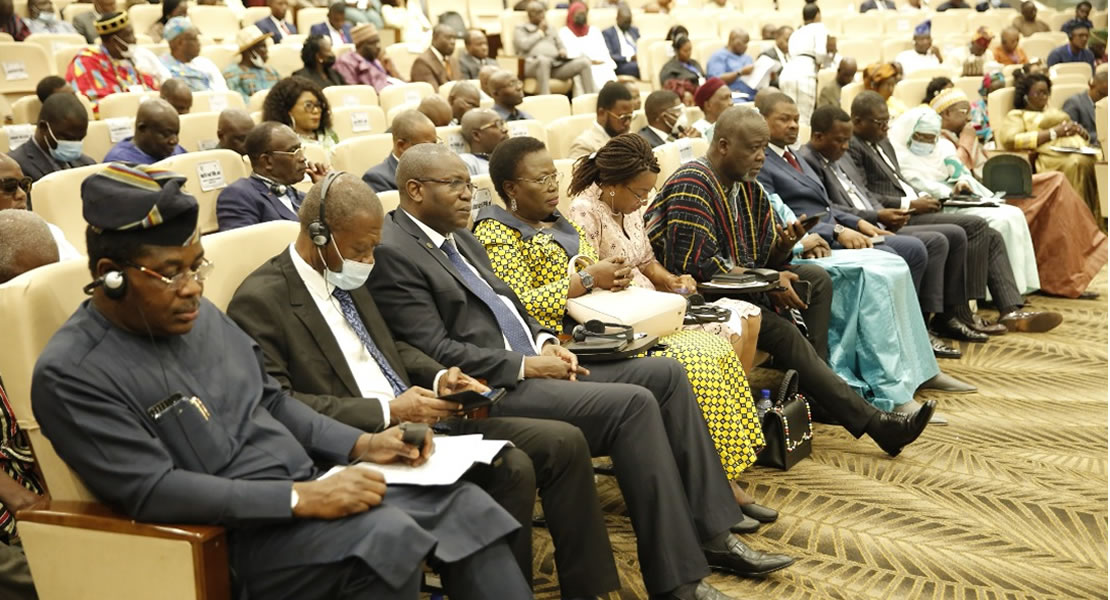 “ECOWAS is not to construct roads that would link countries and border posts; they are not to ensure security in member states so that other nationals can pass through, but the duty of member state government. That is why you will not see huge budgetary allocation for specific development, rather ECOWAS coordinates”, he said in an interview.
“ECOWAS is not to construct roads that would link countries and border posts; they are not to ensure security in member states so that other nationals can pass through, but the duty of member state government. That is why you will not see huge budgetary allocation for specific development, rather ECOWAS coordinates”, he said in an interview.
And pointed out that, it is the reason the 2023 budget adopted by the Community Parliament on Wednesday, November 30, 2022, there is nothing different about the budget.
Mr. Mahama Ayariga was of the view that ECOWAS as a sub-regional bloc needs to step up, if blocs like the EU is doing and they want to take on more space in the nation states. They need to rake in more resources for ECOWAS as a body.
“If we want ECOWAS to play a greater role in ensuring security in Niger, Mali and Burkina Faso in Northern Nigeria and others, they must have the capacity and it means that we need to find means of increasing the resources that are available”.
He thinks the levy currently being paid is inadequate despite that the various countries are not making full disclosure in terms of what they are collecting as levies. If you go and look at Nigeria as a country on that subject matter, I am sure Nigeria as a country is to declare exactly how much they are collecting and transmitting to ECOWAS.
And it will be significant, as we have smaller countries that they cannot complain if they do not remit small amounts. “But if big economies like Nigeria, Ghana, Senegal and Ivory Coast, if they are fully accountable for the levies that they collect, I am sure the organisation will be significantly resourced”, he stated.
Kwaku Sakyi-Danso/Ghanamps.com
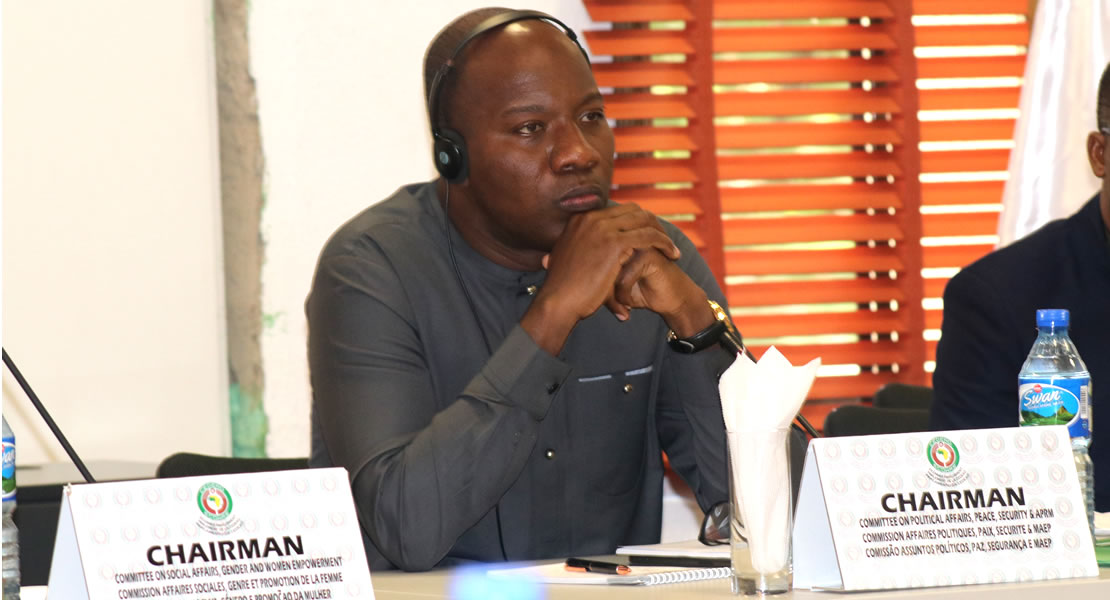
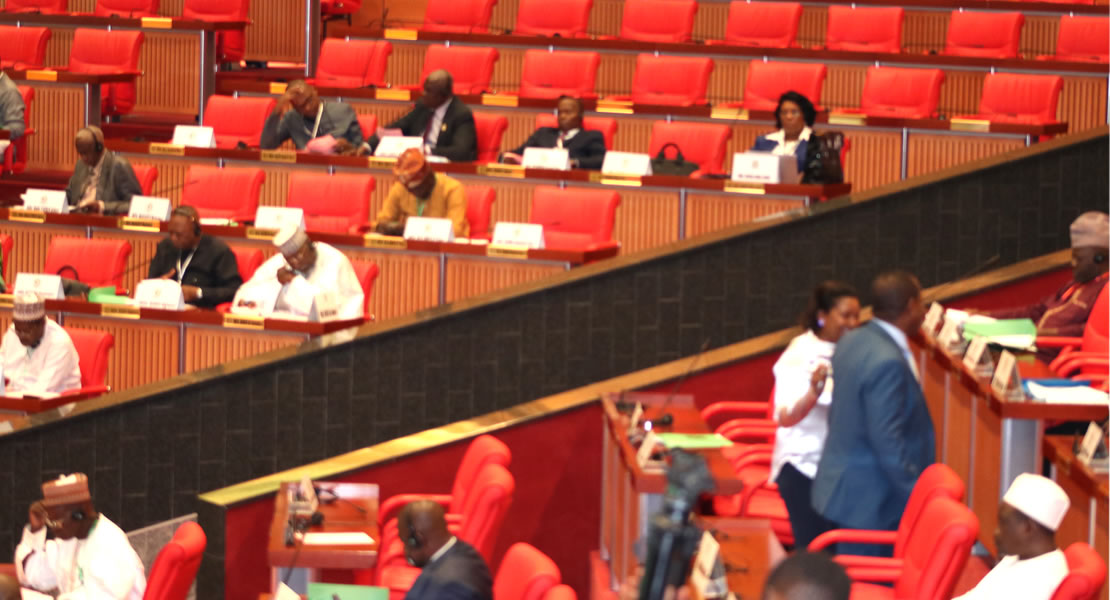
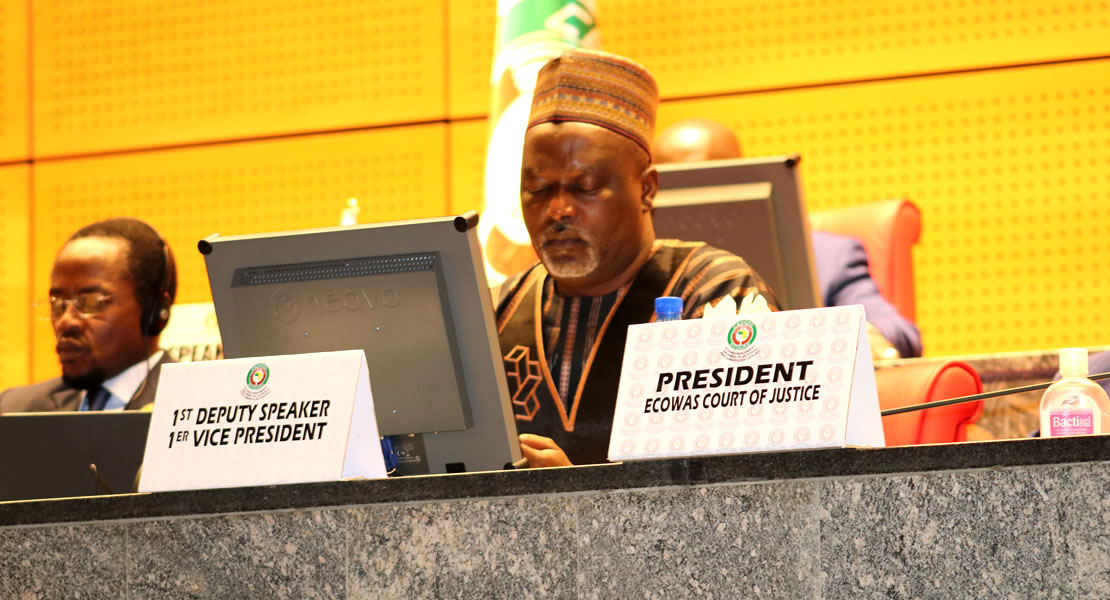 The Chairperson of the AFC, Cristina Pedreira who made the Presentation before Members of the Parliament’, said that the Committee came up with the draft budget and recommendations sequel to the 32nd Meeting of the AFC which held from November 14 – 21, 2022.
The Chairperson of the AFC, Cristina Pedreira who made the Presentation before Members of the Parliament’, said that the Committee came up with the draft budget and recommendations sequel to the 32nd Meeting of the AFC which held from November 14 – 21, 2022.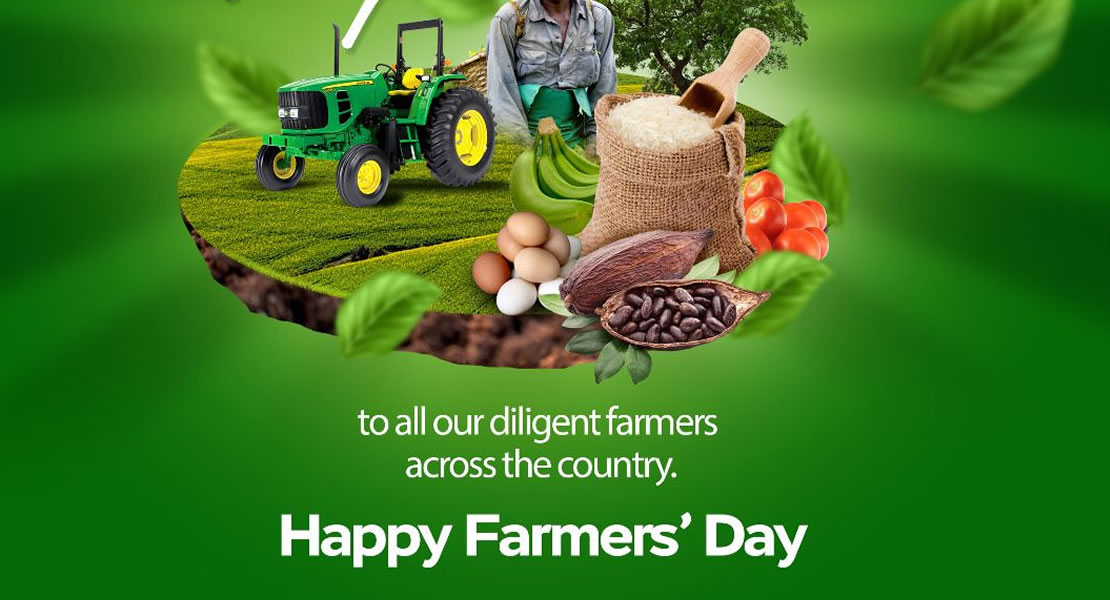
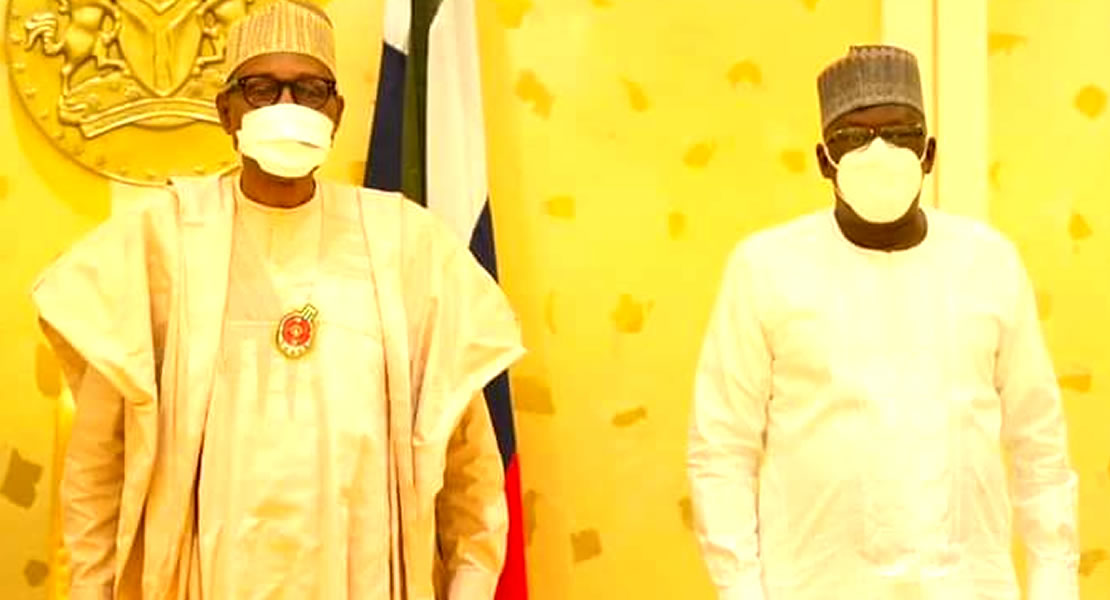
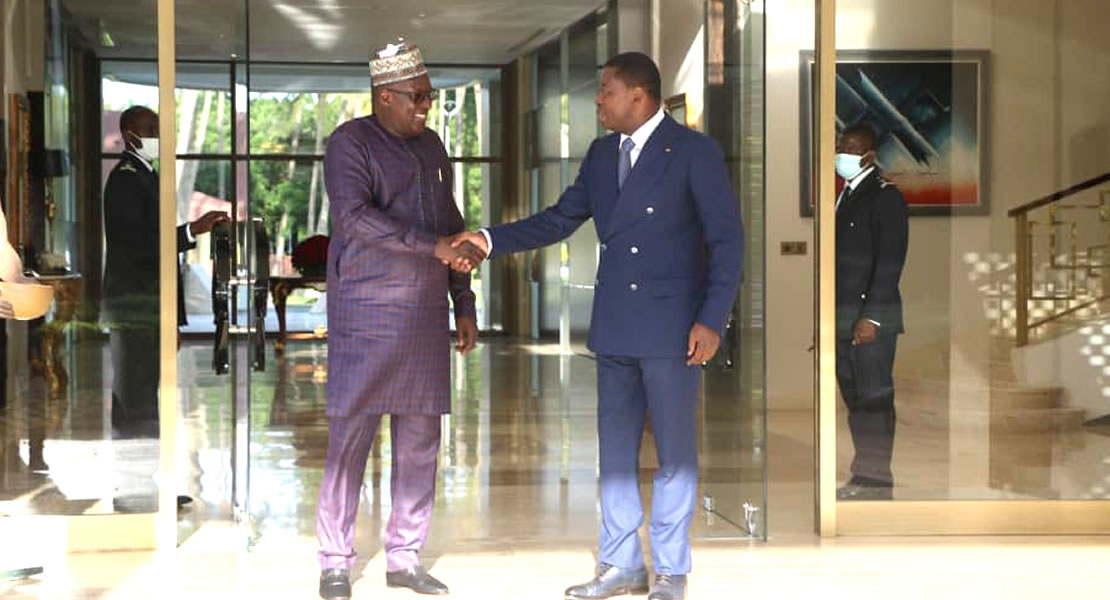 “I suggested that, we should begin to ask those country representatives to also send us shadow country reports; because if individual members cannot give us a truthful account of what is happening in their countries to pick up some early warning signals, our representatives should be able to do that”.
“I suggested that, we should begin to ask those country representatives to also send us shadow country reports; because if individual members cannot give us a truthful account of what is happening in their countries to pick up some early warning signals, our representatives should be able to do that”.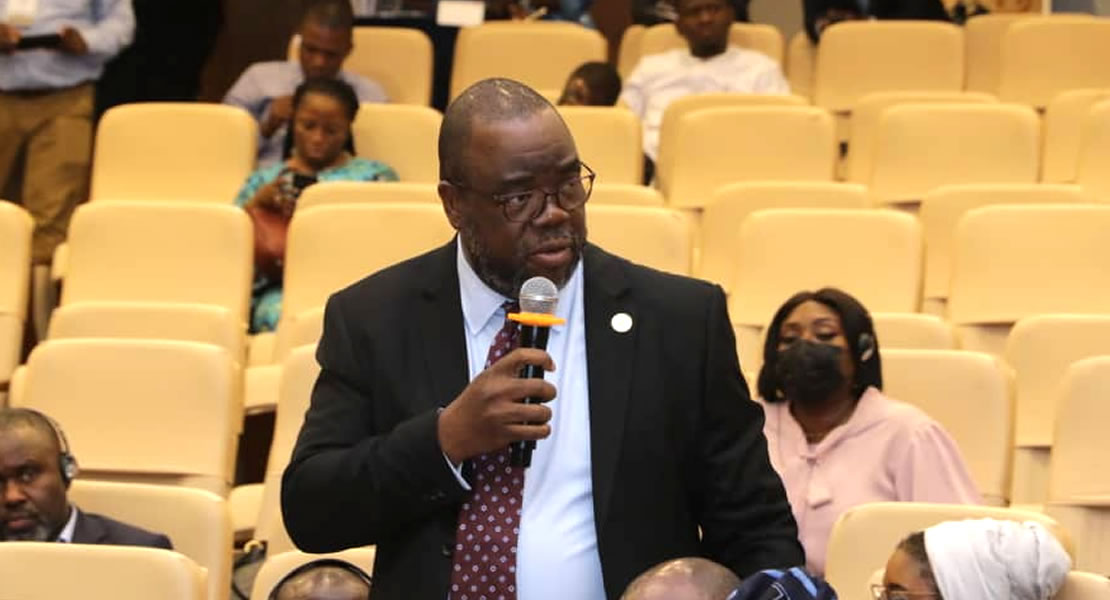
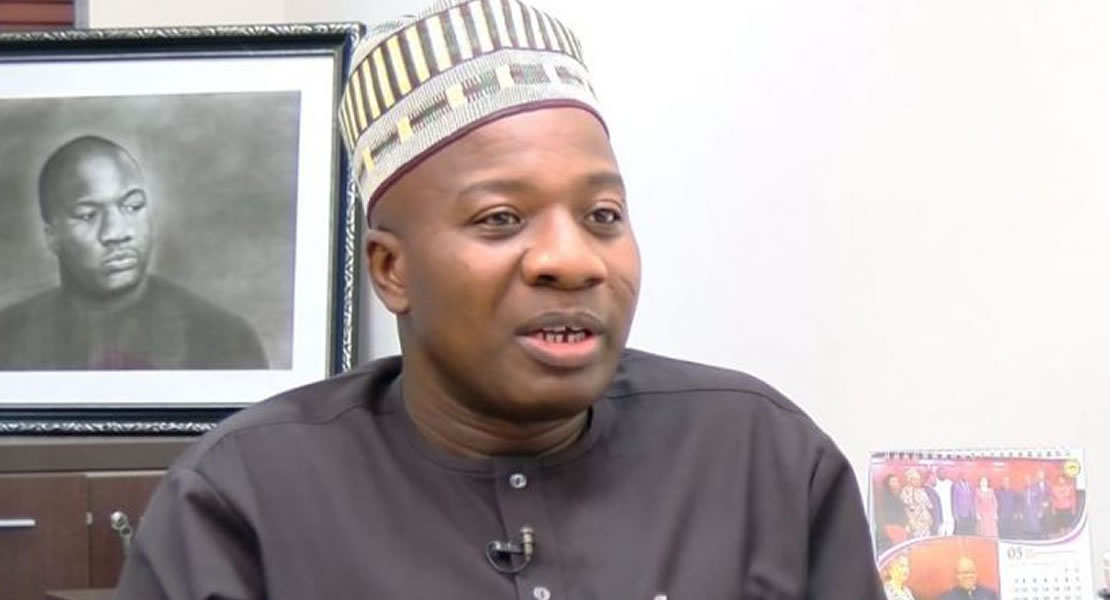
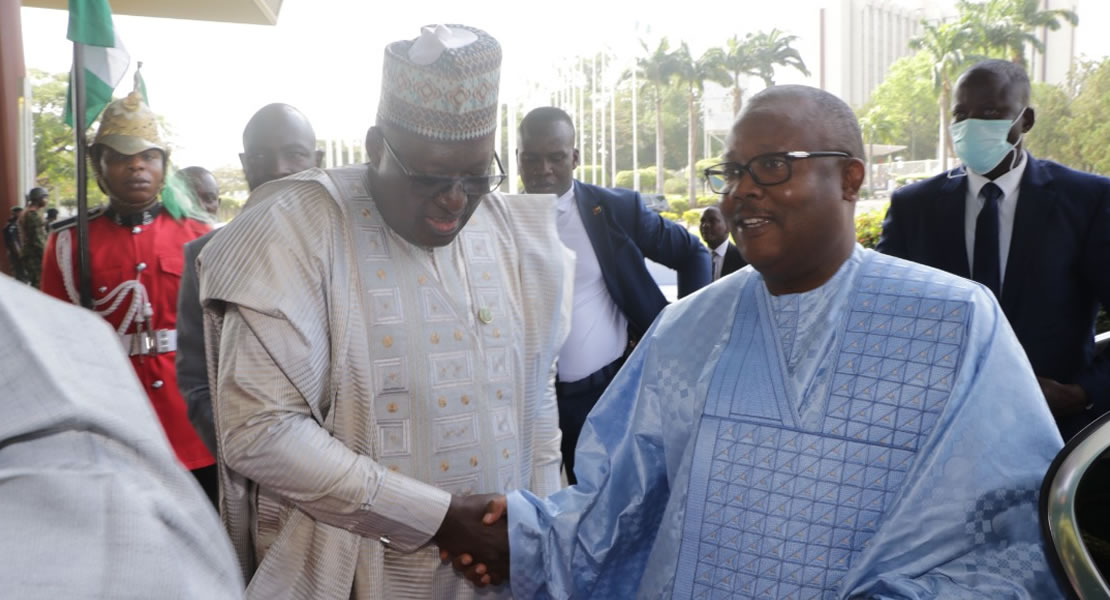
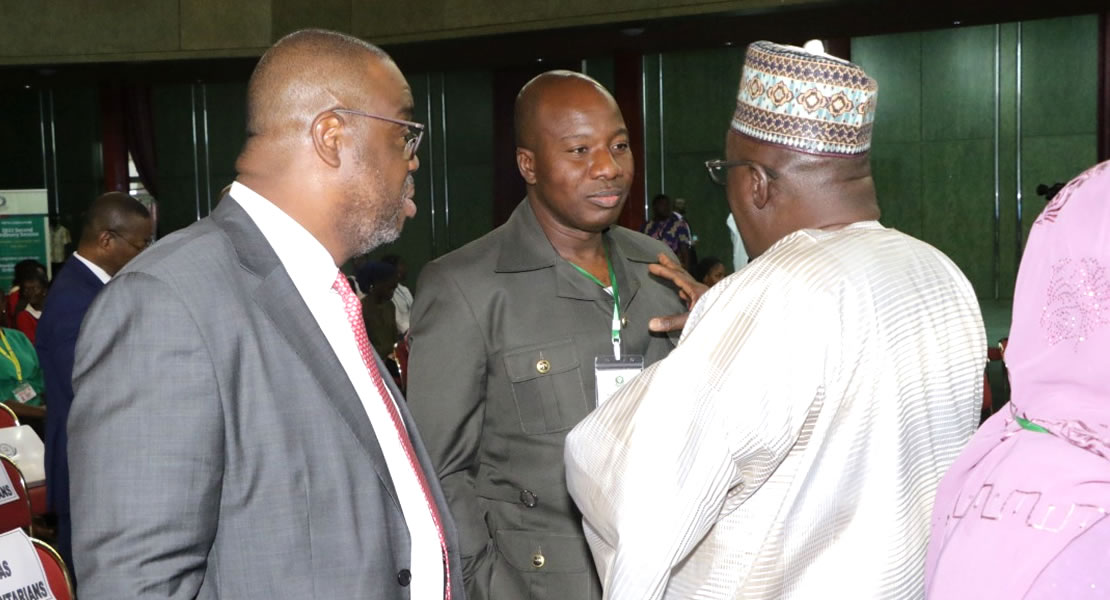 And because he is directly affected over what happens in one sub-regional country, he will not mind strengthening the sub- regional government to be able to provide peace and security in every part of the sub- region, he emphasised.
And because he is directly affected over what happens in one sub-regional country, he will not mind strengthening the sub- regional government to be able to provide peace and security in every part of the sub- region, he emphasised.